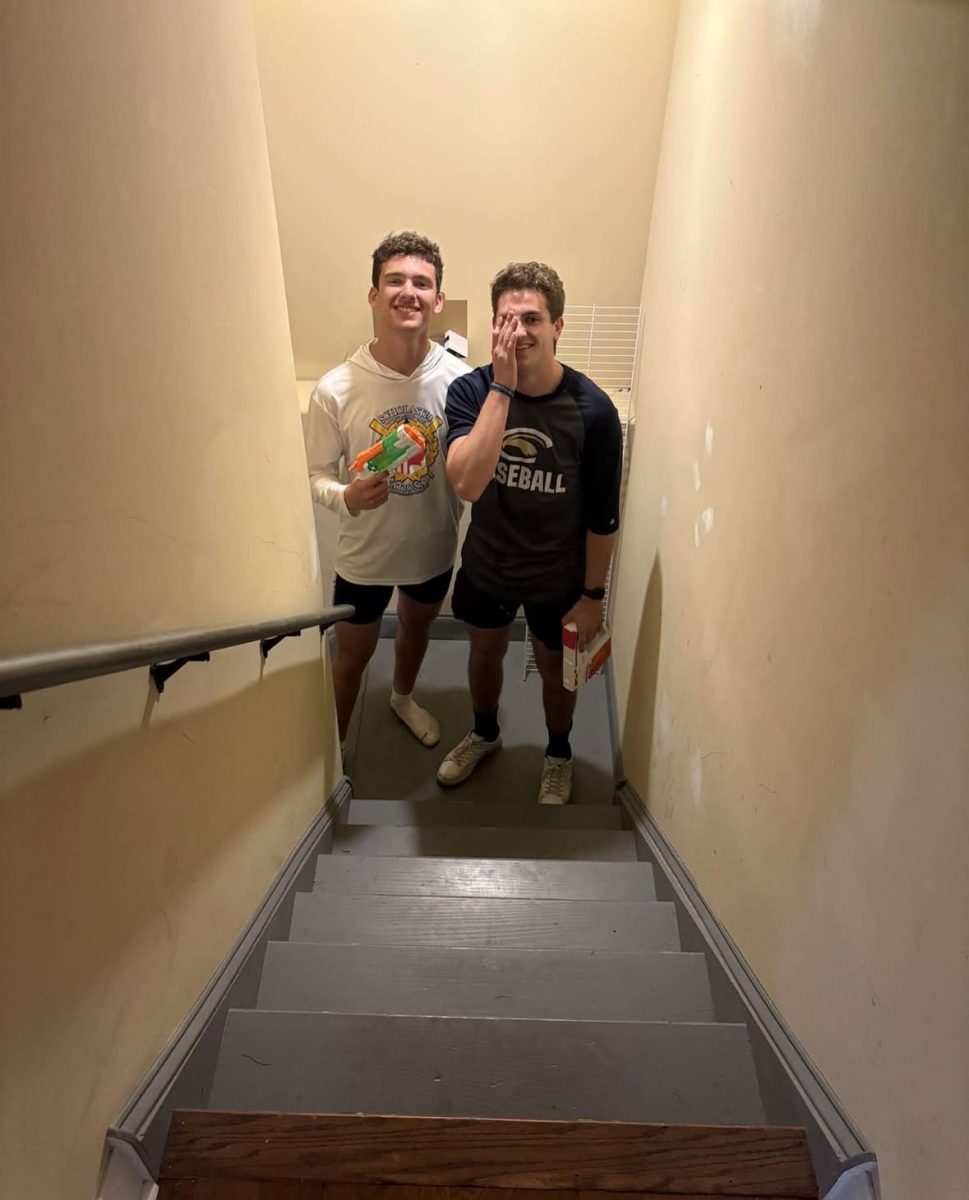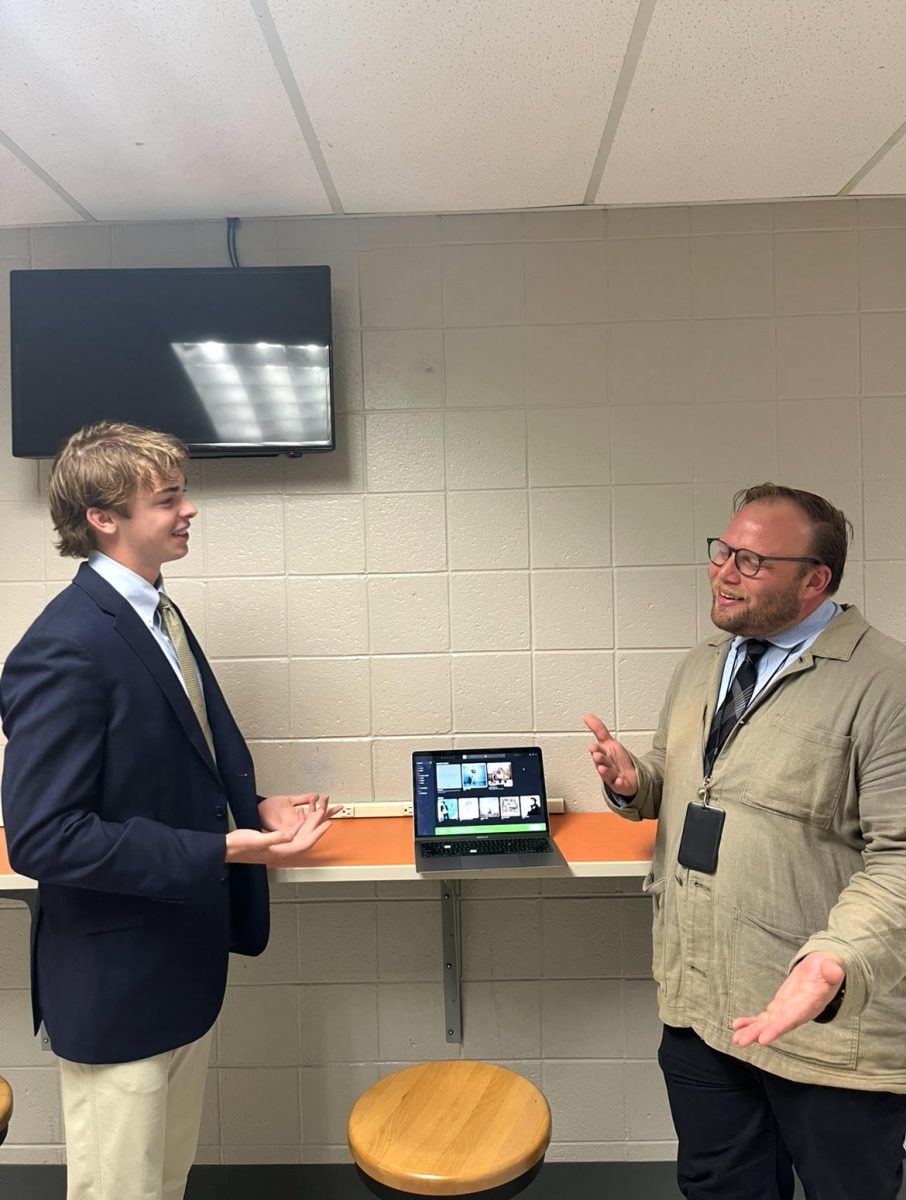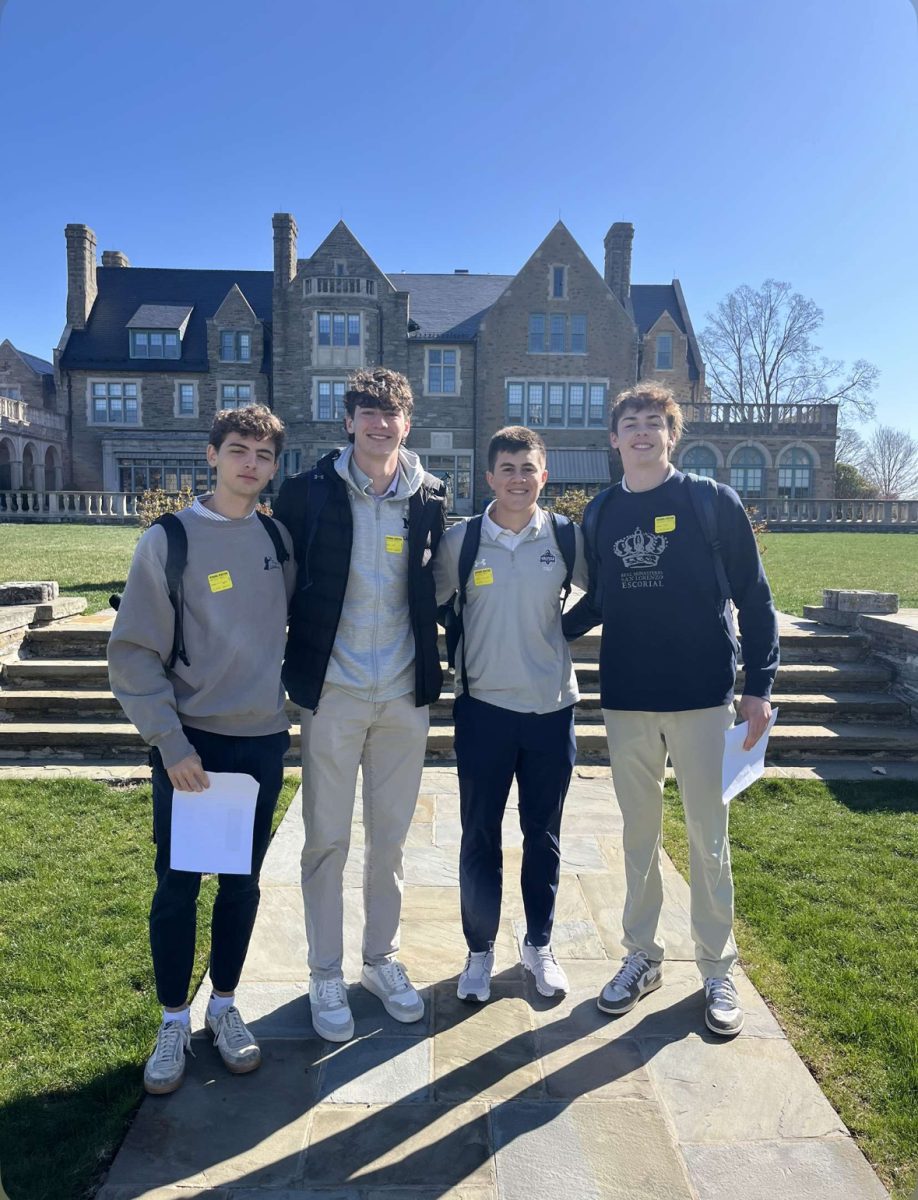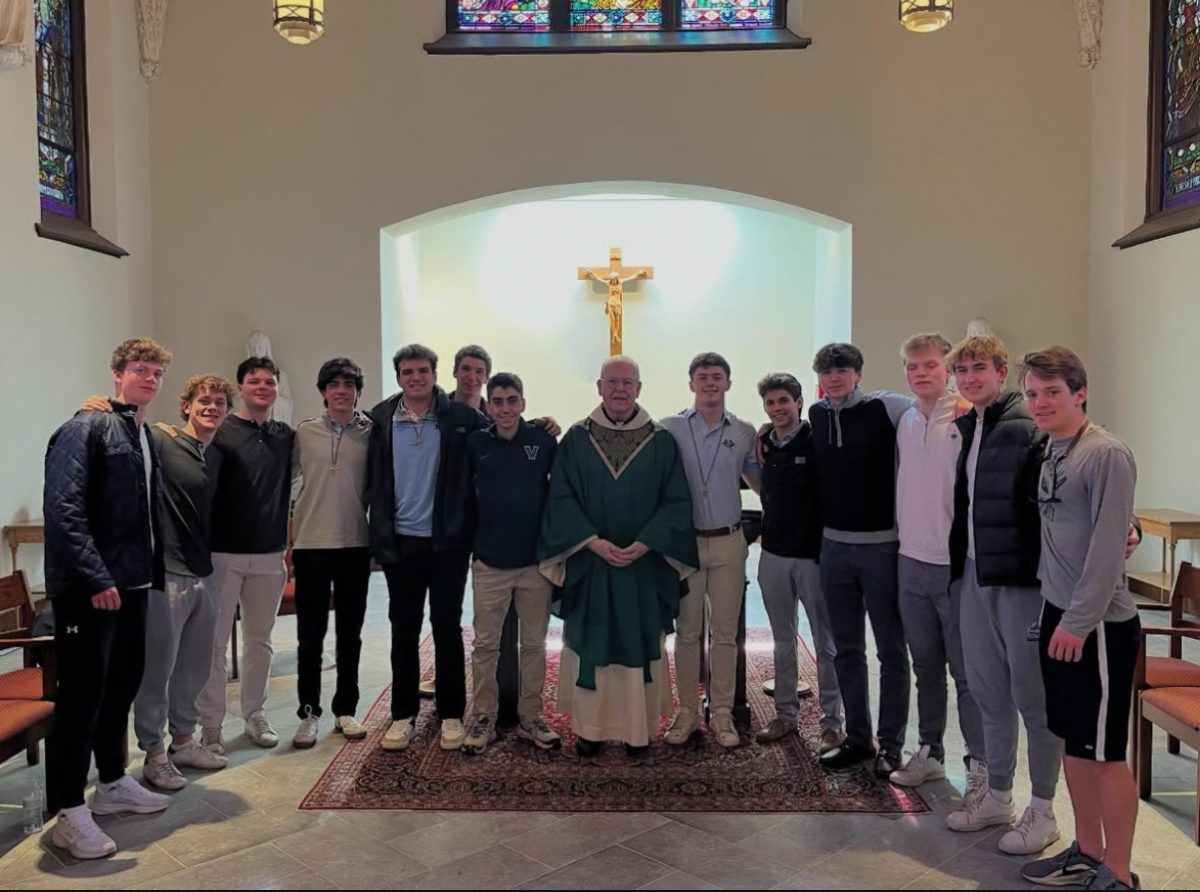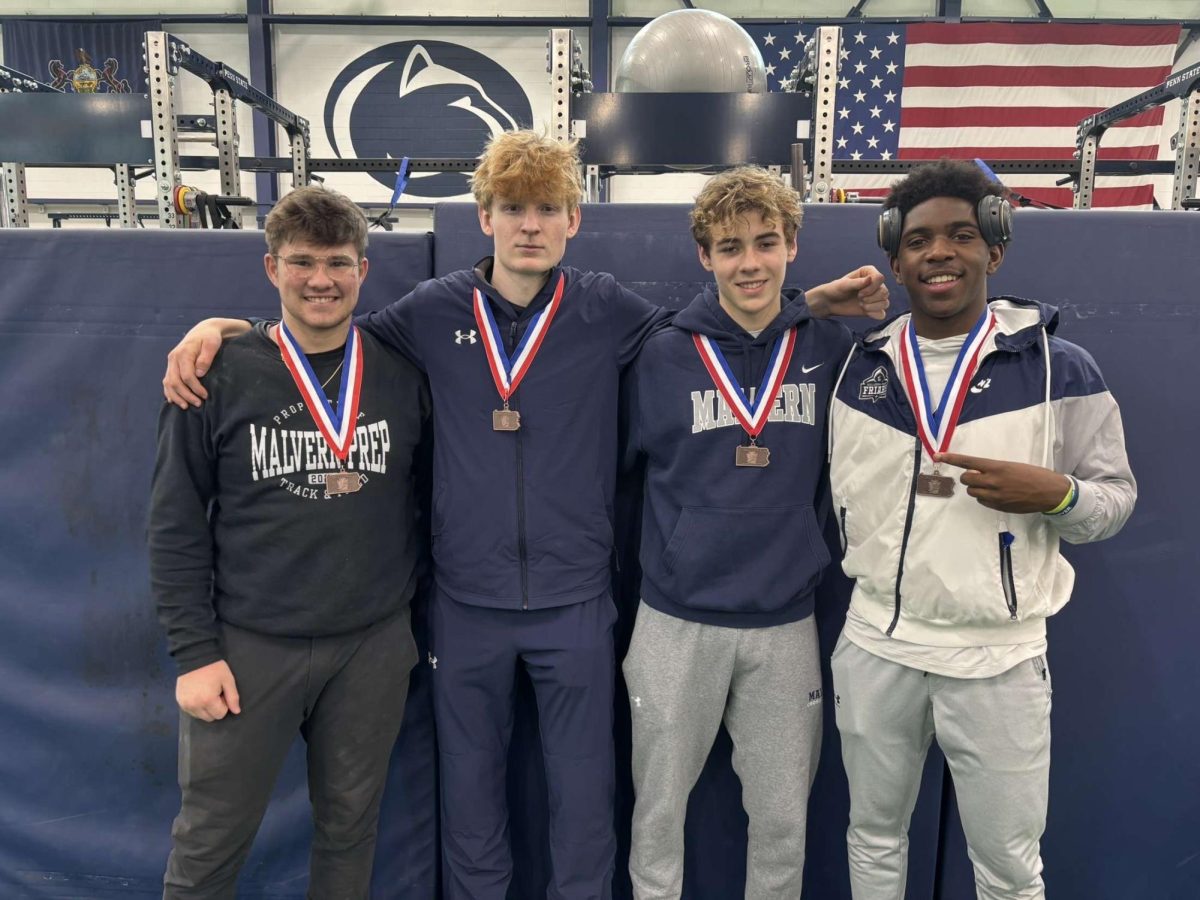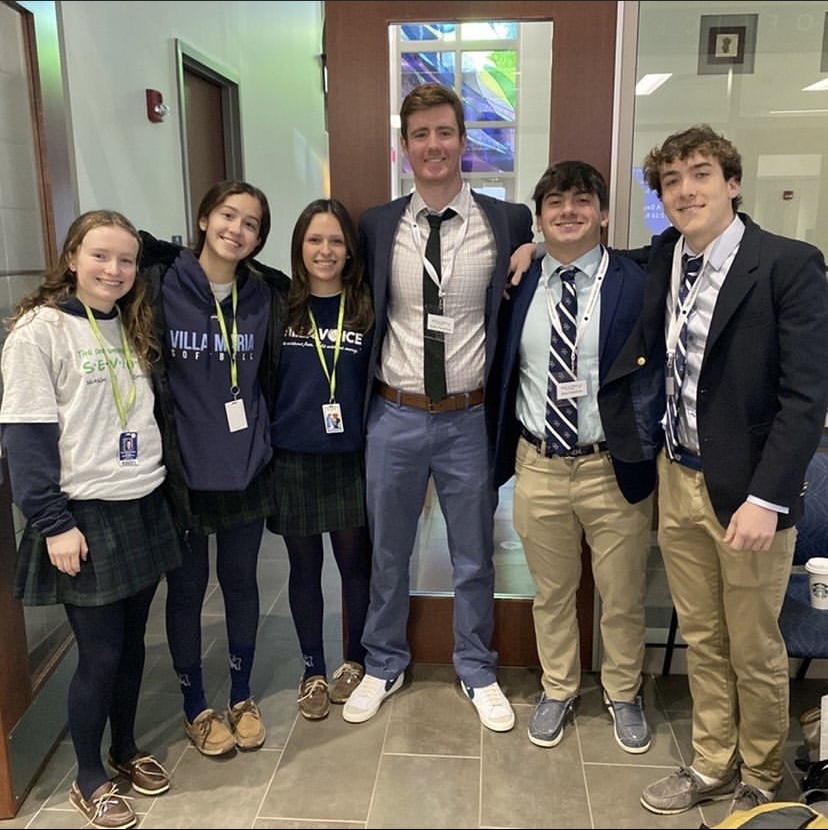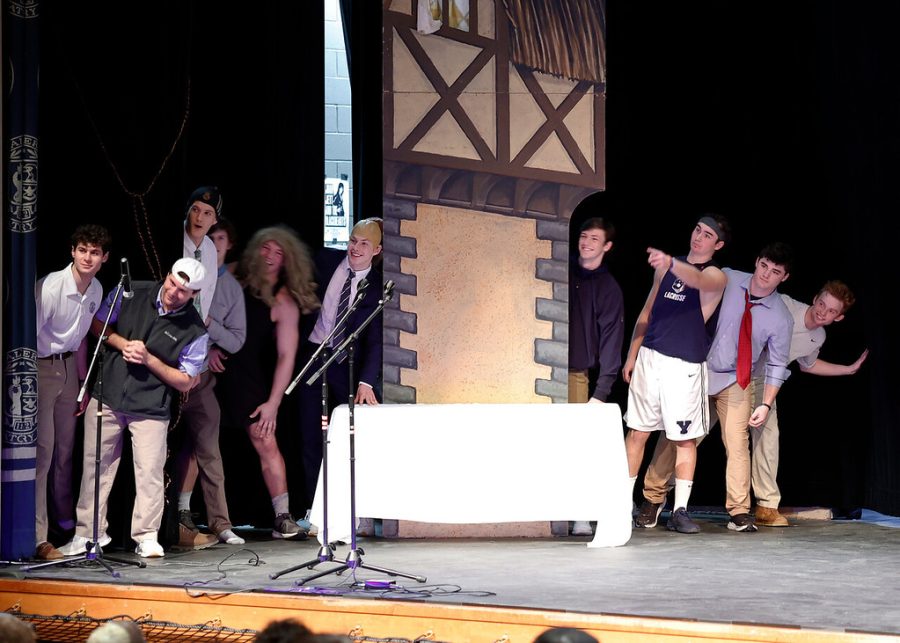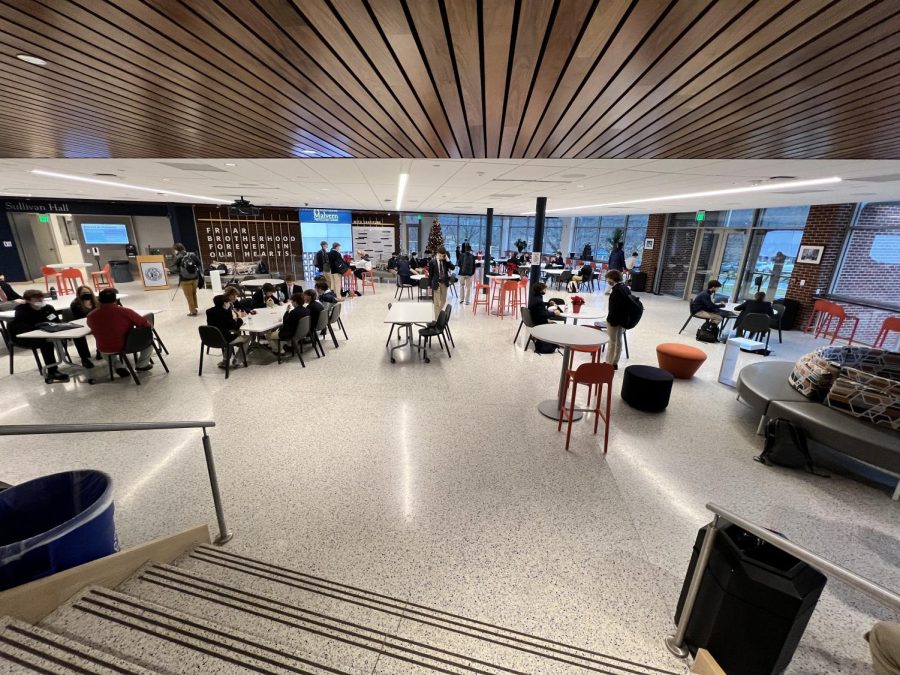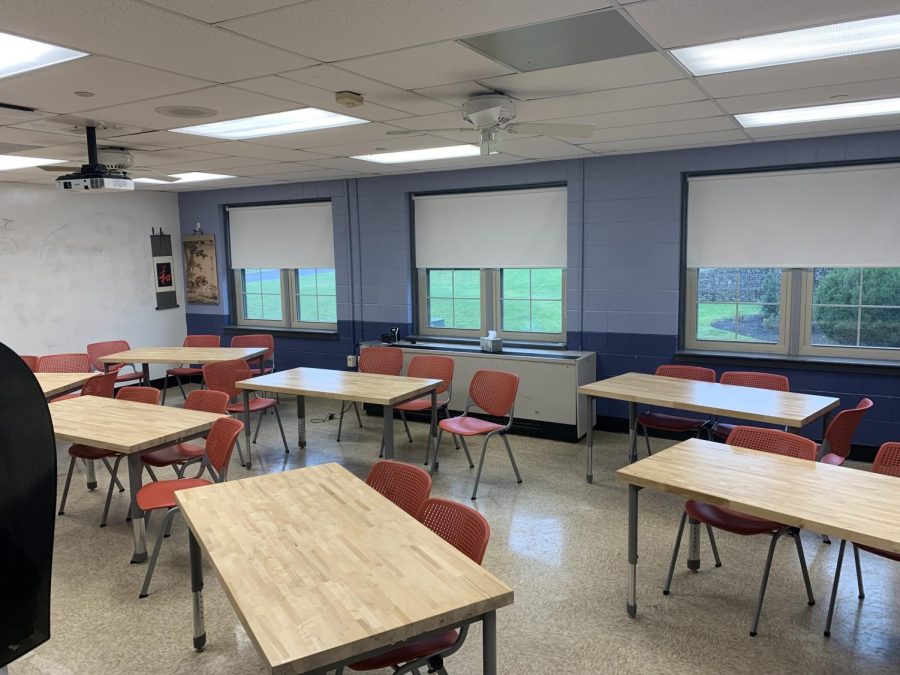
The editorial board outlines ways to gather feedback, get a pulse on community reaction, and incorporate student voice.
The words “chronicle” and “lantern” are more than just filler for our publication and online affiliate title. For our staff, they serve as reminders of our goals and our obligations to the Malvern community.
As the student newspaper for Malvern Prep, we have a mission statement with two main goals in mind: to provide accurate and relevant information to the Malvern community and to offer a forum for intelligent dialogue on all things Malvern.
The word ‘chronicle’ is a symbol for the former. A chronicle is a factual written account of important or historical events in the order of their occurrence. We try and document events on campus and those that pertain to the Malvern community, carrying out our due diligence often on short timelines.
[perfectpullquote align=”right” cite=”” link=”” color=”” class=”” size=””]We know that there are stories that are dying to be told and we want to do a better job of making the BFC an inclusive paper – one that is written by our reporters but fueled by everyone on campus.[/perfectpullquote]
In that way, we seek to ‘chronicle’ the occurrences that will affect, interest, and entertain our audience of students, parents, staff, and alumni. We, however, must admit that it is an incomplete chronicle.
While we rely heavily on the interests and abilities of our staff to cover the news of campus, it would be naive to think we could do this without the help of the community at large. We know that there are stories that are dying to be told and we want to do a better job of making the BFC an inclusive paper – one that is written by our reporters but fueled by everyone on campus.
Next year, we’d like to open up to the student body and faculty for pitch ideas. Everyone has a story. Whether it be via conversation, email, or a Google Spreadsheet, we want a quick and easy way for each and every one of you to get it to us.
When we cover a controversial topic – and in a time of great change at Malvern, there are many of these – we find that there is often a diversity of opinions. Rather than smother the resulting conversation and possible disagreement, we hope to continue to illuminate it.
The purpose of a lantern, in its simplest form, is to provide light to what cannot be seen. Going forward, we want to do just that by bringing hidden opinions and thoughts to the forefront. Below we outline ways to interact with us and ensure your ideas are heard and your stories are told.
Last month our editorial concerning the theology curriculum was likely our most controversial to date and resulted in a larger discussion and often times passionate disagreement. We aim to continue this process, in which we write about pertinent issues in the Malvern community and then open up to be a forum for discussion.
Every editorial we write, we get differing responses from students and faculty alike. We learn from these responses and try to keep them in mind when writing future editorials. Last month in particular we learned a lot about communication. Although the staff editorial is a position taken by the editors of our publication, we recognize the importance of researching the facts in order to present balanced opinions.
This issue we published a letter to the editor. Even though there was disagreement, we feel as though this response added further perspective and more dimensions to the theology editorial.
As editors, we stand by our work and are not ashamed or embarrassed but rather proud to have fostered this discussion and expression, and honored that the individual trusted the paper as an outlet for his opinions.
Going forward, we want to build that trust with as many members of the community as we can. Although we have tried to ensure that our editorial board includes a diversity of student experience, our staff is driven by student interest. We recognize that it matters to build more student voice in our paper, including members of the student body who are not part of our staff.
By student voice, we are referring to the opinions, stories, and experiences of any student on campus, including those who are not on the newspaper staff. One of our many goals for next year is to feature at least 70% of students in our publication at least once.
Looking toward next year, we also plan to reach out to student leaders, including but not limited to sports captains, club leaders, honor society representatives, and student council representatives. We began this initiative this year by writing a monthly article on student council’s progress.
We want to create a connection between and maintain regular communication with these student leaders and our editors. This way we can find out more about what’s happening on campus and see if there’s any changes the students would like to see in their respective areas.
If mock trial wins a championship, or a star player goes down to injury, or NHS formed a new service connection, we want to know so we can provide timely, accurate, informative news coverage.
But this extends past student leaders to everyone else in the school— even freshmen. There are many ways you can get in contact with us: email ([email protected]), Twitter (@friarslantern1), Instagram (@mpfriarslantern1), or on our website (mpfriarslantern.com) through comments. However, we would love it if you came to talk with us in person. Our entire staff would be happy to discuss any part of our paper or offer opportunities for you to contribute.
We’d love to hear anything you say from something that you don’t like that the school is doing, to positive or constructive feedback, to something that we should be reporting on that we’re not. We won’t publish anything without your consent, and we will take your feedback seriously.
We would like to push this concept further to a student survey that is completed each quarter. We will also plan to send a similar survey out to teachers, faculty, and alumni.
As students, this is our school and we should work to make it the best that it could be both for current and future friars. It is highly unlikely that any outside, independent school study could measure and express the views of the students the same or as powerfully as direct comments from the students themselves.
As students, we all have our own opinions whether we express them freely or allow societal pressures to bury them. We want to be a safe, convenient outlet for students to make their voices heard. If we are successful, every opinion or story will get the recognition it deserves.


